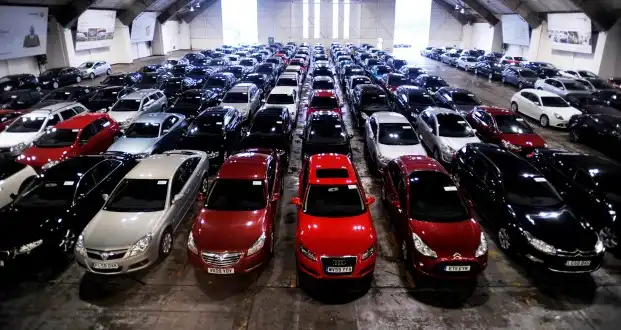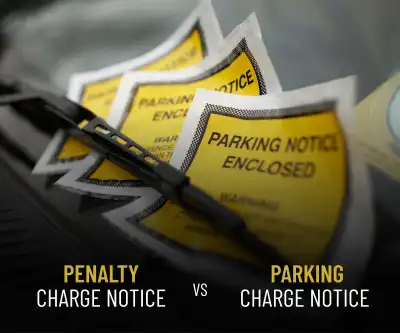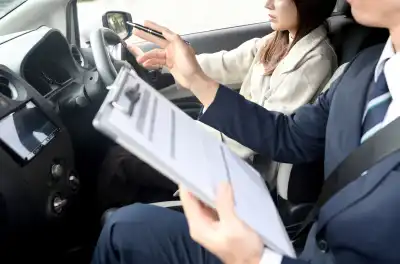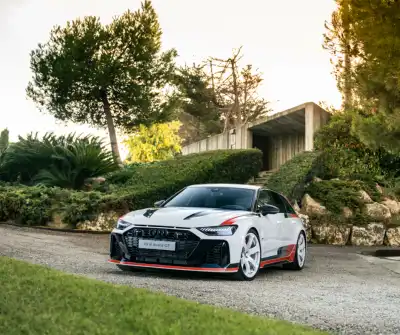
Personal Contract Purchase: What Is It?
Personal Contract Purchase is a flexible means for a private individual to obtain a vehicle (rather than a business). Terms and conditions vary between plans so each should be considered on merit. There are trends, however. The contract typically lasts 24 to 48 months and incorporates a pre-agreed mileage allowance. The vehicle is paid for courtesy of an initial deposit and fixed monthly instalments. A Personal Contract Purchase plan might include servicing and maintenance, often for a further fee. At the end of the contract a vehicle can either be returned, or purchased.
Personal Contract Purchase: How Do The Payments Work?
The finance provider defines the vehicle's current value. £10,000, perhaps. The customer then chooses how long the contract lasts and sets a mileage limit. Let us say 36 months and 40,000 miles. The provider then predicts the vehicle will be worth (say) £5,500 at the end of the term. It is that £4,500 difference – which is the vehicle's depreciation – that is paid via the installments and deposit. The latter is normally 1 to 3 months rent. Furthermore, the customer can influence the total cost of the contract. Increasing the mileage limit, for example, ensures the vehicle will be worth less when it is returned. This has to be reflected by the payments.
Personal Contract Purchase: What Happens At The End Of The Term?
The customer has options at the end of the contract. The first is to purchase the vehicle. The price is the predicted value from the start of the contract (£5,500 in our example). The alternative is to return it. It should be presented in fair condition for its age and mileage. What defines fair is set-out at the start of the contract. There is allowance for wear and tear. However, if the vehicle is below standard the customer has to pay to bring it to a minimum standard. Furthermore, there is a charge – most typically of several pence per-mile – for exceeding the agreed mileage limit.
Personal Contract Purchase: Additional Notes
- Excise Duty might be included for the first year (road tax).
- Depreciation is not a concern as the vehicle can be returned.
- The initial financial outlay is small/modest.
- Fixed payments make it easy to plan future expenditure.
- Unlike a bank loan – that requires monthly payments to cover the entire value of the vehicle – Personal Contract Purchase monthly payments only cover depreciation. The remaining cost only has to be paid if the vehicle is bought at the end of the contract.




